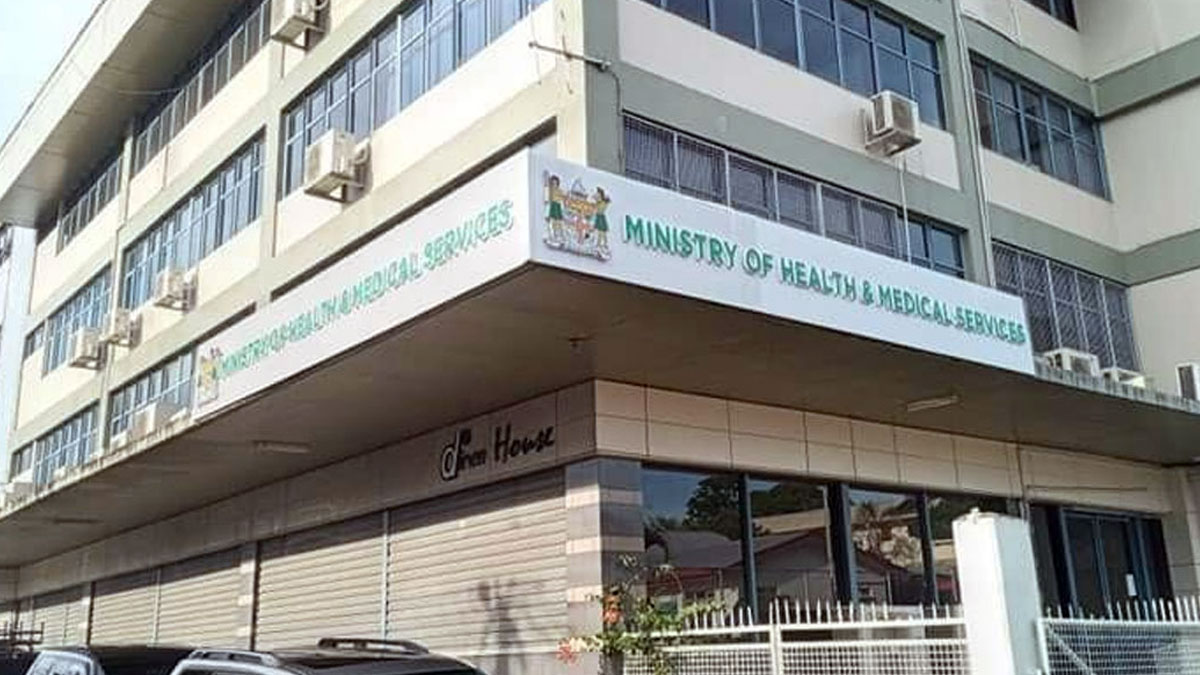
Following 4 confirmed cases of meningococcal disease and the death of a child between April 21st and May 5th in the Central Division, no other cases have been confirmed and this does not meet the criteria for an outbreak.
While responding to questions by fijivillage News in a press release, the Health Ministry says investigations confirmed that the cases are not epidemiologically linked, meaning the individuals had no known contact with one another during their incubation or illness periods.
They say laboratory testing have shown that these cases were caused by serogroups B, Y, and W135.
The Ministry says in response to these cases, they have taken immediate actions in administering prophylactic antibiotics to close contacts of confirmed cases to limit further spread strengthening surveillance in high-risk communities to detect and respond to potential new cases.
They also say they are working with their partners to increase the availability of vaccines in stock to be used for the population at risk in Fiji.
They say they will inform members of the public once vaccines are available at their health facilities.
The Ministry is also conducting public awareness campaigns through various media platforms to educate members of the public symptoms, prevention, and early medical intervention.
They say contact monitoring of the close contacts of the four cases has continued, with no secondary cases detected in the Central Division or among the close contacts of the confirmed cases since.
The Ministry says in addition, capacity building sessions for health staff members on case identification using standard case definitions, clinical management, and public health responses have been undertaken in the last two weeks, and more sessions are planned for the coming days.
The meningococcal disease is spread by coughing or coming into close contact or to be in contact for an extended period of time with someone who is sick or carrying the disease.
Good respiratory hygiene and washing of hands regularly with soap and water, or alcohol rubs will minimize the spread of the disease.
Members of the public are strongly encouraged to recognize early signs of meningococcal disease such as fever, severe headache, neck stiffness, or rash, and to seek prompt medical attention, as early diagnosis and treatment are critical.
The Ministry adds they are committed to act swiftly to protect lives, prevent further spread, and ensure timely access to information and medical interventions.
Stay tuned for the latest news on our radio stations

